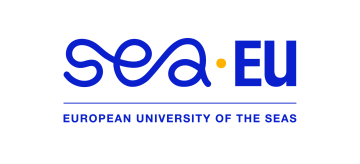The aim of the group is, while using an interdisciplinary approach, to:
a) identify legal reasoning and argumentation techniques that could be adapted to enrich business intelligence (BI) research and
b) identify and adapt statistical methods used by BI researchers that could bring a valuable input for legal reasoning and interpretation.
At its core, BI is based on analyzing empirical data to provide essential information and support making reasonable business decisions. To achieve this, it developed a vast selection of methods for acquiring, transforming, and testing the data to verify certain hypotheses. Therefore, the achieved conclusions have a firm empirical basis. However, to set the conclusions in a wider context (‘the big picture’) and to form a new hypothesis, BI researchers could utilize reasoning and argumentation techniques developed by jurists and legal scholars.
On the other hand, the law (as an area of research) and legal scholars focus mainly on interpreting legal texts, reasoning and forming conclusions that support the presented point of view. Unfortunately, the research is usually disconnected from wider sets of empirical data and proper statistical analysis. Therefore, the significance of the research is often judged by the rhetorical and argumentation skills of the legal scholar instead of the credible interpretation of empirical facts.
